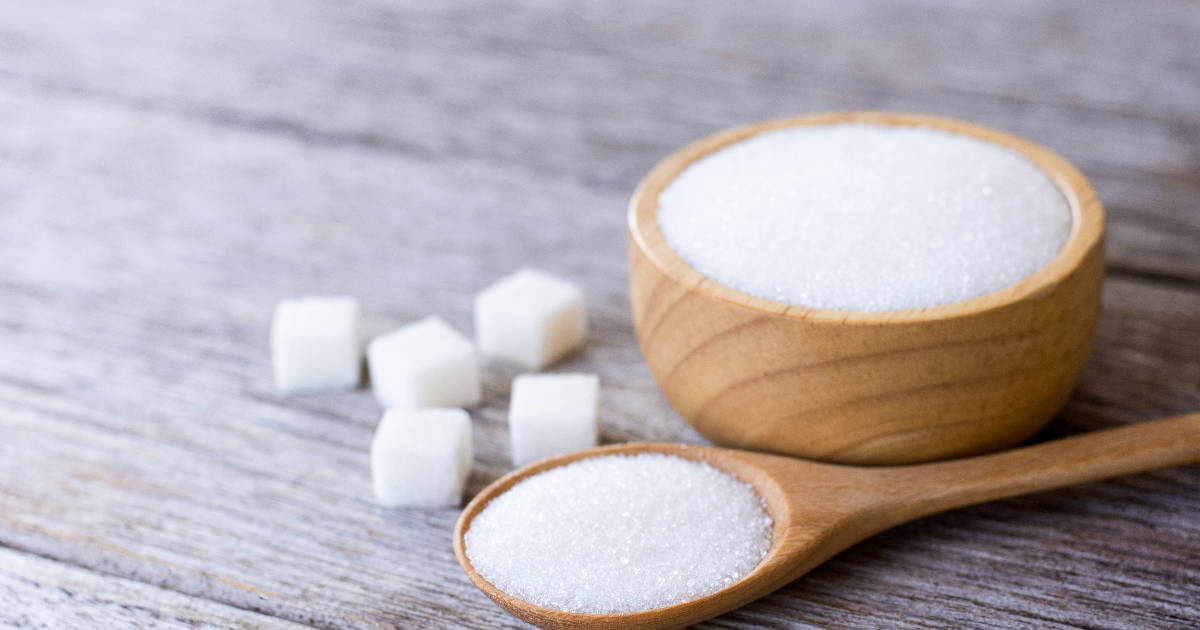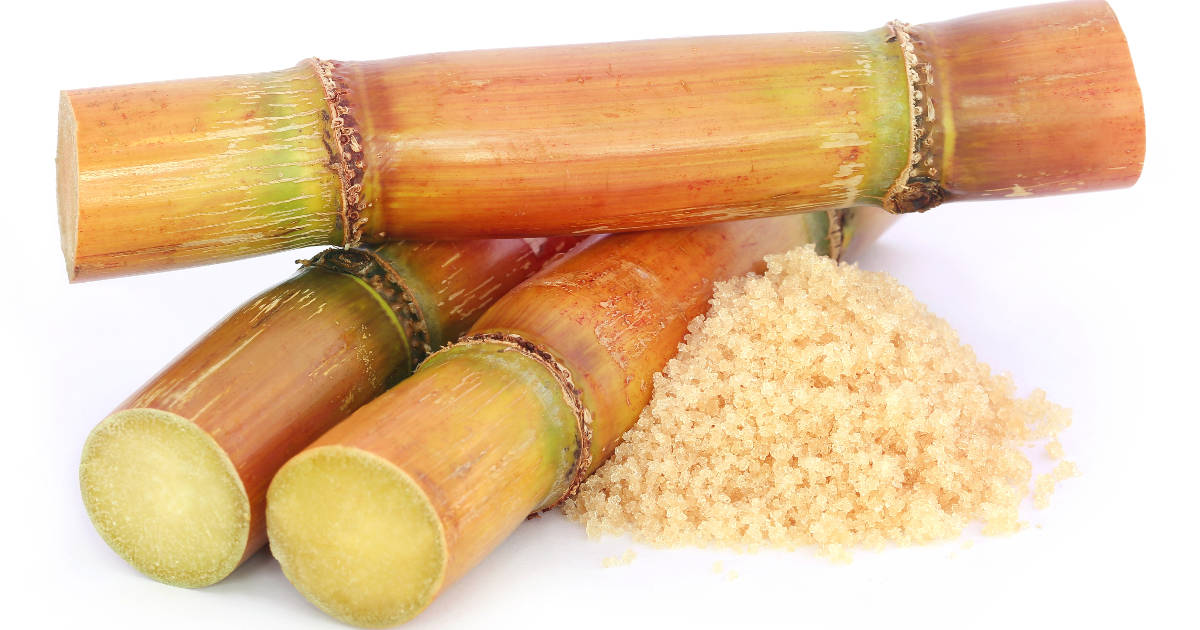Sugar and honey are two of the most common sweeteners used around the world. Both add sweetness to foods and drinks, but they have some key differences.

Honey powder, also called dried honey, is made by dehydrating liquid honey until it becomes a powdery solid. It offers the sweetness of honey in a more convenient, shelf-stable form.
Many people consider honey powder a healthier alternative to refined sugars like white table sugar.
How Honey Powder and Sugar Are Made
Honey starts its life inside flowers as nectar. Bees collect this nectar, bring it back to their hives, and process it into honey by breaking down the nectar's sugars and evaporating much of its water content. Beekeepers then harvest the honey by removing the wax caps from the honeycomb and spinning the frames in a centrifuge to extract the honey.
The raw honey is usually strained to remove any debris. To make honey powder, the raw honey goes through an additional dehydration process to remove almost all of its remaining moisture, leaving behind a powdery sugar residue. The powder is then finely ground to create a smooth, free-flowing product.

In contrast, most sugar comes from either sugarcane or sugar beets. Sugarcane is a tall tropical grass, while sugar beets are a root vegetable. To make sugar, the cane stalks or beetroots are crushed to extract the juice inside. This juice is boiled down into a syrup, which is then spun in centrifuges to separate out pure sugar crystals. The crystals may be further refined through additional steps like filtering or bleaching.
So both honey powder and sugar go through multiple steps to convert the natural sugars found in plants into an edible, shelf-stable form. However, honey powder requires less processing overall compared to highly refined white sugar.
Taste and Texture
The honey powder comes from honey, so it retains some of honey’s flavor notes depending on the variety. You may taste delicate floral, fruity, or earthy tones. However, honey powder will have a less complex, muted honey flavor compared to liquid honey due to the dehydration process. Its texture is a dry, sandy powder similar to granulated white sugar.
Sugar has little inherent flavor besides pure sweetness. The taste comes almost entirely from the sucrose sugar molecules. Depending on the source and processing method, some types like brown sugar have a hint of caramel flavor. The texture ranges from fine powders like confectioner's sugar to large crystal sizes like raw sugar, but most types used for baking and cooking are granulated sugars.
So honey powder offers more flavor complexity while still bringing sweetness. Sugar provides pure sweetness without altering other flavors in a recipe. Both dissolve easily in liquids and can be substituted cup-for-cup in recipes. However, honey powder clumps more easily compared to free-flowing white sugar.
Nutritional Value and Health Impacts
Here is where honey powder and sugar differ the most:
- Sugar is pure sucrose, providing only calories and carbohydrates with no other vitamins, minerals, or nutrients.
- Honey powder contains trace amounts of enzymes, amino acids, antioxidants like flavonoids, and minerals like calcium, potassium, and magnesium.
These extra compounds give honey powder some added health benefits:
- Has antimicrobial and anti-inflammatory properties.
- May help heal wounds and burns when applied topically.
- Contains antioxidants that may reduce seasonal allergies.
- Has a lower glycemic index than sugar, meaning it raises blood sugar more gradually.
However, these benefits are reduced in honey powder compared to raw liquid honey since some nutrients are lost in processing.
Too much-added sugar of any kind can negatively impact health:
- Linked to obesity, diabetes, heart disease, and other chronic illnesses.
- Can cause blood sugar and energy to spike and crash.
- Honey powder still has calories and sugar like any sweetener.
For maximum nutrition, choose raw, unfiltered liquid honey over honey powder whenever possible. But honey powder makes a slightly healthier alternative to white sugar due to retaining some of honey's beneficial compounds.
Which Is Better: Honey Powder or Sugar?
When comparing honey powder vs. sugar, neither one is necessarily "better" overall. Here are some things to consider when deciding which to use:
- Taste preference: Honey powder has a mild honey flavor, while sugar has a neutral taste.
- Nutrition: Honey powder has more nutrients than plain sugar but less than raw honey.
- Baking convenience: Sugar is easier to measure and incorporates smoothly. The honey powder may clump.
- Price: Sugar is cheaper than honey powder.
- Health benefits: Honey powder has a lower glycemic index and antioxidants.
The takeaway - For a versatile sweetener, plain white sugar is affordable and convenient to use in any application. But if you want added flavor and nutrition, honey powder provides a modest boost over sugar. For maximum benefits, use raw liquid honey. But both honey powder and sugar should be used in moderation.
FAQ
Is honey powder healthier than sugar?
Yes, honey powder has a small edge over plain sugar due to containing trace amounts of enzymes, minerals, and antioxidants. It also has a lower glycemic index so does not spike blood sugar as quickly. But it is still high in sugar and calories like any sweetener.
What is the difference between honey powder and sugar?
The main differences are that honey powder comes from honey made by bees while sugar is derived from plants. Honey powder retains some honey flavor and nutrients while sugar has no flavor or nutrients beyond carbohydrates.
Can you substitute honey powder for sugar in recipes?
Yes, honey powder can typically be substituted 1:1 for sugar in recipes. However, it may affect the texture, moisture, and overall flavor compared to sugar. Expect baked goods to be slightly denser with a hint of honey taste.
Is honey powder keto-friendly?
Pure honey powder without any added sugars or fillers can fit into a keto diet since it contains minimal carbs. However, it should still be used in strict moderation to avoid increasing carb intake and blood sugar.
Can I substitute sugar for honey powder in recipes?
You can substitute granulated sugar for honey powder, but the flavor will be different. The baked good or dish will lose the subtle honey notes. You may want to slightly reduce the amount of sugar since honey powder is sweeter.
Conclusion
Honey powder and regular sugar share similarities, as they both provide a sweet flavor, have a granular texture, and can be used in baking and cooking. However, they differ in their source, nutrition, glycemic index, taste, and price.
Honey powder offers modest nutritional advantages thanks to retaining small amounts of vitamins, minerals, and antioxidants from the original honey. This gives it a slightly lower glycemic index as well. But plain sugar is more neutral in flavor, easier to use in recipes, and more affordable.
There is no definitive “better” option between honey powder and sugar. Choose based on your needs, preferences, and what health benefits you want from your sweetener. Use raw liquid honey whenever possible for maximum nutrition. But honey powder makes an acceptable substitute for regular sugar in moderation. By understanding how these two popular sweeteners compare, you can decide which is right for you.

